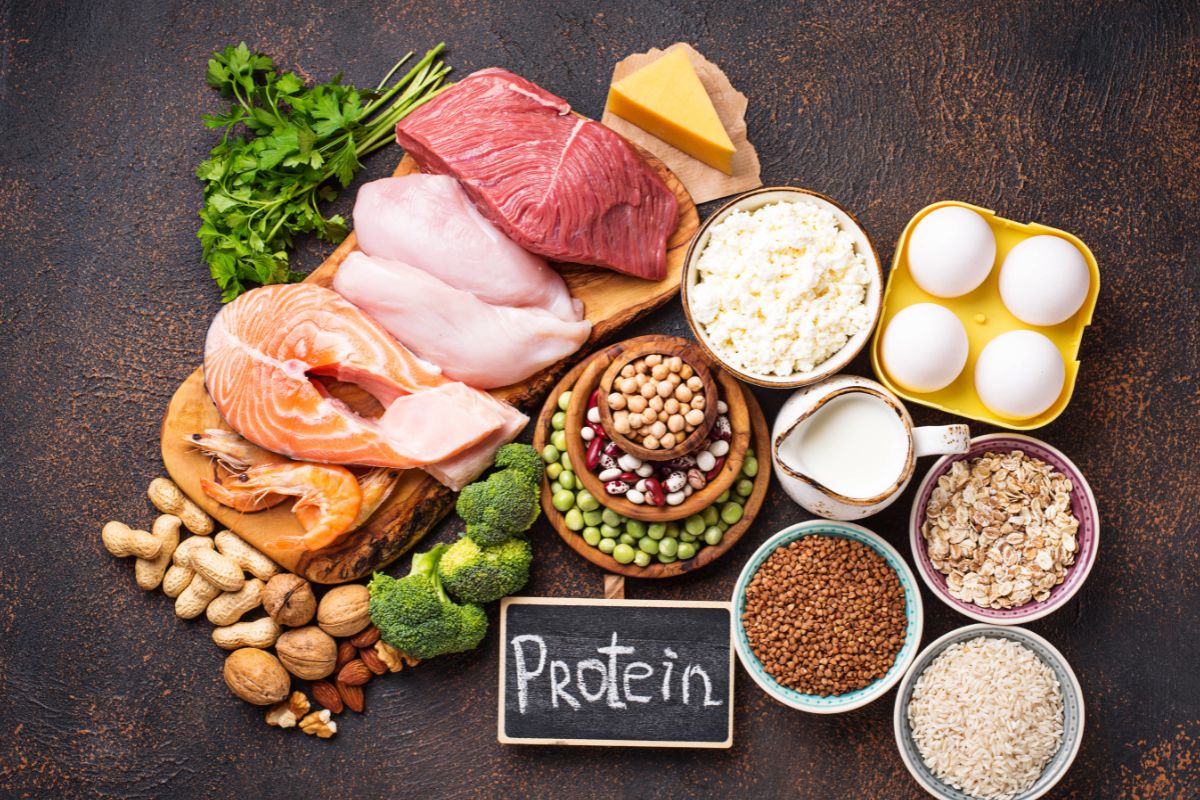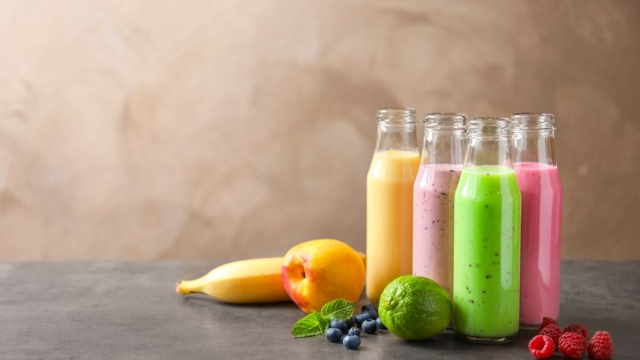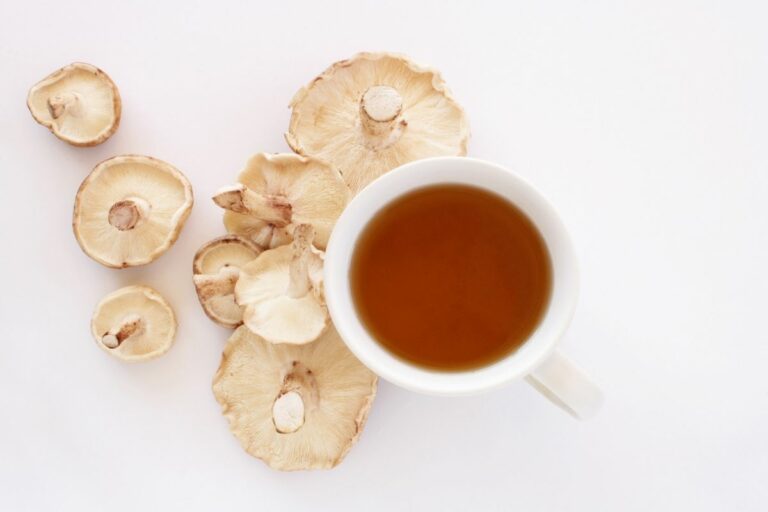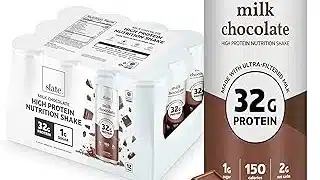Does Protein Make You Constipated?
A high-protein diet has both benefits and drawbacks.
There is little doubt that having fewer carbs and more protein has helped a number of individuals lose weight.
Protein is advantageous for individuals trying to lose weight.
Since it is metabolized more slowly than carbs, it helps you feel full for a longer period of time.
However, taking an excessive quantity of protein may cause you to feel constipated.
Here is what occurs when a high-protein diet induces constipation, as well as what can be done about it.
What Is Constipation?
Constipation refers to abnormally difficult or infrequent bowel movements.
Almost everyone encounters it at some time.
Despite the insignificance of the condition, you will feel considerably better once your body has restored to normal.
The average time between bowel movements varies greatly across persons.
Some people ingest them three times every day. Others consume them on a weekly basis.
However, three days without a break are often too long.
After three days, the stool grows harder and more difficult to pass.
Constipation is frequently characterized by difficult-to-pass feces that are stiff.
Protein may increase your fluid requirements; thus, you should take extra precautions to avoid dehydration, which can lead to heat stroke.
Other drinks, soups, fruits, and vegetables with a high water content give fluids as well.
To meet your needs, make it a habit to carry a water bottle with you in the car and to drink a full glass of water after each meal.
Fiber and water are the most effective preventative measures against constipation.
Does Protein Make You Constipated?
Increasing your protein consumption encourages a healthy and active lifestyle.
Constipation is a typical side effect of consuming more protein.
Do not reduce your diet of fruits and vegetables high in fiber to consume more protein.
Protein- and fiber-rich vegetarian protein sources include nuts, tofu, and beans.
Occasionally, merely taking more water will alleviate symptoms such as constipation.
How Can You Prevent Protein Constipation?
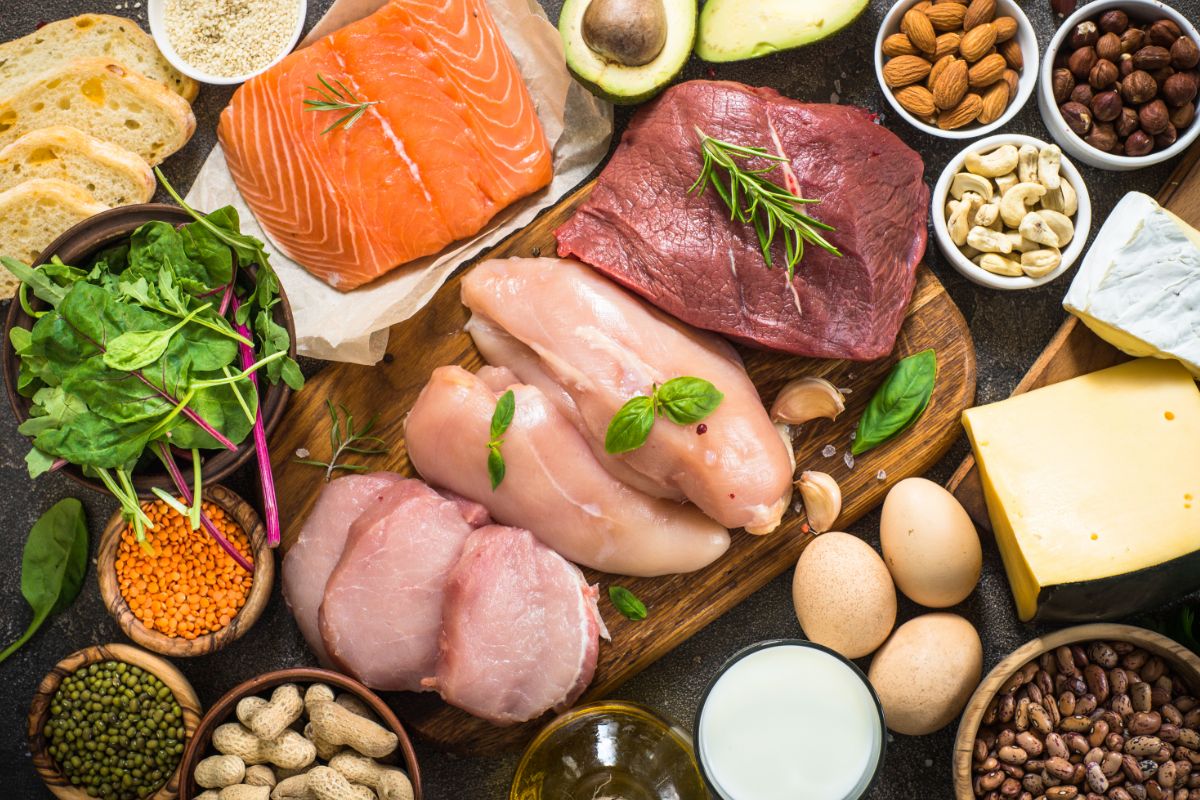
The best course of action is to take high-fiber meals on a regular basis.
We advocate consuming plant-based proteins such as chickpeas, lentils, black beans, edamame, and kidney beans for the best nutritional value.
It’s double trouble. You are receiving both protein and fiber advantages.
If you are truly low-carb and avoid legumes, which are higher in carbohydrates than animal protein, you may still keep regularity by consuming low-carb vegetables.
To maintain a low count, select fruits and vegetables with high water content.
Other excellent options are dark leafy greens (kale, spinach, and Swiss chard are nutritional powerhouses), tomatoes, zucchini, green peppers, cucumbers, squash, and broccoli.
According to her, asparagus is an especially good choice because one cup of the stems contains around three grams of protein.
Seeds and nuts, including flax seeds, almonds, peanuts, chia seeds, and walnuts, are high in protein and fiber but low in carbohydrates.
Aim for 25 grams of fiber daily to avoid constipation, spread evenly over each meal.
One-half of your plate should be filled with vegetables, one-fourth with a grain or legume strong in protein, and one-fourth with an animal protein.
Since one cup of leafy greens contains around 5 grams of fiber, a salad for lunch consisting of spinach, bell peppers, and tomatoes should bring you halfway to your goal.
Be careful to consume additional fluids.
Due to the fact that fiber absorbs water from the body, you should consume more water as you consume more fiber.
Eight glasses of water each day is a reasonable starting point, but you should drink more if you feel thirsty or constipated.
If your pee is the color of lemonade, you consume a lot of fluids.
Protein Dehydration
An increase in fluid intake should be accompanied by an increase in protein intake.
Protein requires substantial processing by the kidneys and liver.
After gastric fluids unfold the protein in the stomach, pancreatic enzymes degrade the protein into amino acids in the intestines.
The liver must then digest free amino acids, while the kidneys eliminate the resulting waste materials by urine filtration.
Additional water can assist the body in diluting and managing a larger protein load.
Protein With Fiber
Unfortunately, many high-protein diets are lacking in fiber, which is needed for regularity.
Typically, animal proteins in particular lack fiber.
By adding weight to stools and stimulating intestinal muscles, fiber promotes regularity.
Insoluble fiber does not dissolve in the digestive tract, but soluble fiber does.
Beans and chickpeas are excellent sources of both lean protein and fiber.
As with protein, an increase in fiber consumption should be accompanied by an increase in fluid intake to prevent constipation.
Does Protein Powder Make You Constipated?
If protein shakes are an uncommon part of your diet, maybe serving as a meal replacement or snack, they should not cause digestive issues.
However, eating many protein beverages every day may bind you up.
Some components of beverages containing protein, such as excessive protein, lactose, or even gluten, may induce constipation.
Calcium is essential for keeping strong bones, however much calcium can lead to constipation.
High calcium levels, often known as hypercalcemia, limit the pace of intestinal muscle contractions. Perhaps this is the cause of your constipation.
Calcium intake should never exceed 2,500 mg per day.
One 10-ounce prepared or cow’s milk-based protein smoothie can contain as much as 385 milligrams of calcium.
Explore Also:
Creativehouseblog
Dietsheriff
Gigasecurehome
When you drink six or seven per day, you quickly reach the maximum safe intake level.
Final Thoughts
The recommended daily intake of protein is 0.8 grams per kilogram of body weight.
If you surpass this amount, you must take precautions to prevent constipation.
Consume an abundance of fruits, vegetables, and legumes that are rich in fiber.
Make it a habit to include fiber powder in your protein shakes.
Increase your water intake to aid in protein digestion and prevent constipation.
Consult your doctor regarding laxatives for temporary relief if you haven’t had a bowel movement in more than two or three days.
Before making dramatic dietary changes, discuss high-protein diets with your doctor.

